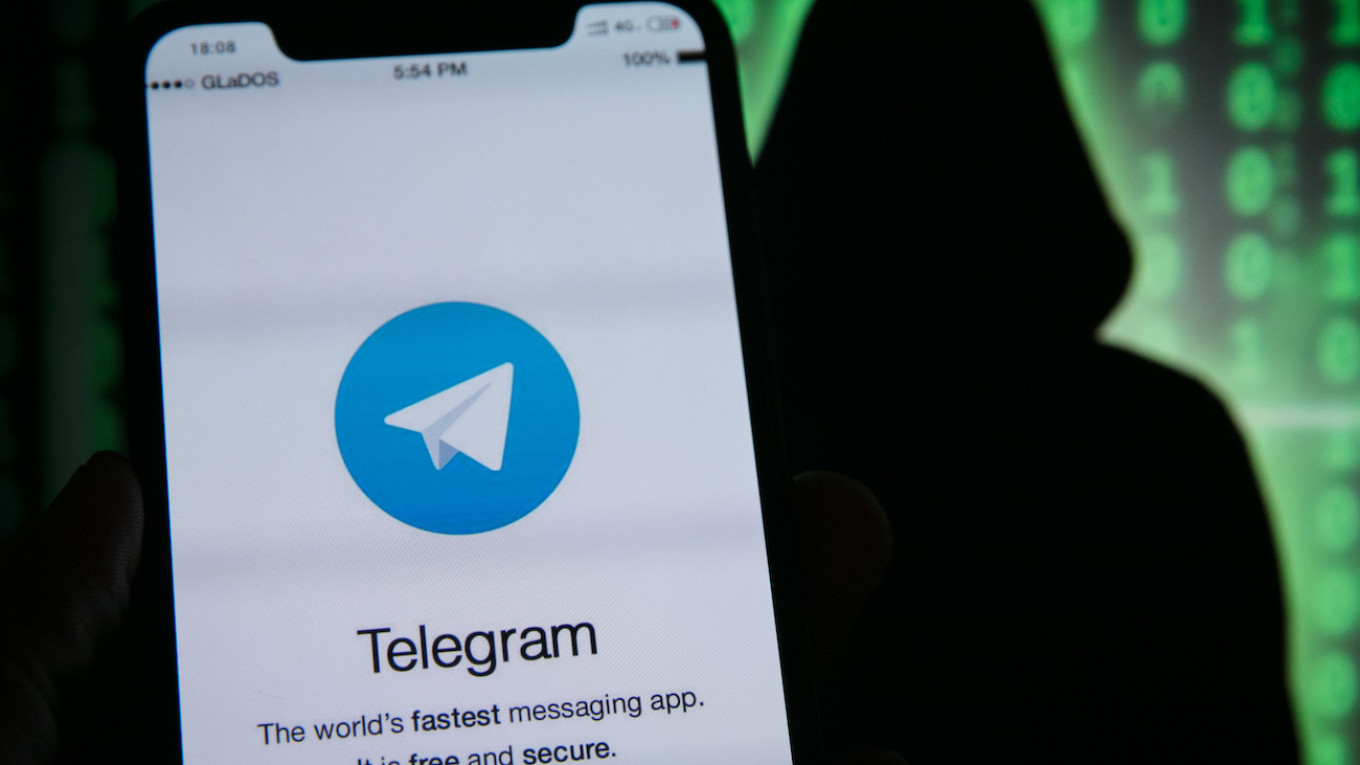Only one U.S. president in history has had to leave office before his term expired. That was former U.S. President Richard Milhouse Nixon, and it happened on August 9, 1974.
This dramatic episode in U.S. history — that ranks as an achievement of sorts of Western democracy — is world-famous, and Nixon’s name and that of Watergate have become household words. But the name of the person who was instrumental in toppling the leader of the free world and most powerful man in the West — and who possibly rubbed his hands together in glee or maybe just smiled to himself as he watched Nixon’s exit — remained unknown for decades.
His name was Mark Felt and he died at the age of 95 in Santa Rosa, California in December 2008. Three years earlier, he finally admitted that he was the one who, while working as Deputy Director of the FBI, had passed classified information to the Washington Post journalists who eventually exposed Nixon — the one whom editors had nicknamed “Deep Throat” in an allusion to a 1970s porno film.
During the final years of Felt’s life, a process was underway in Russia that guaranteed for the ruling elite that nothing even remotely similar to Watergate would ever happen there. An ever-growing number of TV channels, radio stations, newspapers, magazines and, ultimately, Internet sites came under the direct control of the Kremlin or were purchased by oligarchs with close ties to the government.
During that same period, a young Russian entrepreneur named Pavel Durov created the VKontakte site, essentially a Russian version of Facebook. VKontakte grew in popularity so much that the authorities eventually stepped in and “made him an offer he couldn’t refuse.” Thus, Durov ended up having to sell his brainchild to Kremlin loyalists and flee the country.
This all happened after Mark Felt’s passing. Neither did Felt live long enough to see Durov’s creation of the Telegram instant messaging service that provided a platform on which anonymous Telegram channels flourished. That was the highpoint, the crowning achievement of what had become a toxic and perverse media environment in the most recent stage of Putinism.
The basic relationship between Russia’s rulers and journalists changed as the authorities directly or indirectly took over the media, including even social media, and pushed the few remaining independent outlets into near non-existence, intimidating them with the threat of enormous fines or lawsuits.
Journalists have now become lackeys of the regime and Kremlin-controlled media outlets have essentially become just so many government agencies filled with state employees.
How can people on the government payroll criticize those in charge? How can they pose uncomfortable questions to senior officials, much less publish compromising information about their activities? They can’t.
The classic journalistic work citing both named and anonymous sources that respected Russian business media outlets practiced in the 2000s has now disappeared completely. In its place, this or that branch of the Kremlin “leaks” or “plants” information in the press in pursuit of some self-serving end – but never to advance the noble and humanistic goals of truth and justice.
The anonymous Telegram channels appeared against this backdrop of endless Kremlin smoke screens, behind which the real politics deciding the fate of the country are supposedly taking place. It is a Byzantine atmosphere of schemers, one in which allies plot to stab each other in the back and government ministers or regional governors can be hauled off to prison without warning. And the ruling elite, who are ostensibly working in unison, are actually scrambling to snatch up the biggest pieces of a pie that clearly cannot feed them all.
This has created a unique situation in which the authors of anonymous Telegram channels can make any kind of ridiculous statement and make it sound legitimate by referring to unnamed Kremlin sources. People will eagerly swallow every word of it, hungry as they are for information because they intuitively understand that the traditional media cannot be trusted.
Over time, the Kremlin co-opted this tactic for its own purposes. Now, according to reports, it has created a whole network of such anonymous Telegram channels that it uses to shape public opinion from behind the scenes.
It is as if Nixon had gained control over all the U.S. newspapers and begun publishing columns in the name of “Deep Throat” himself. It might sound schizophrenic, but this is exactly what is happening in Russia today. People on the Kremlin payroll — usually hired through third parties — create this or that Telegram channel, give it some “Deep Throat”-type name, and cynically comment on everything under the guise of having “inside information.”
For example, in recent months, such anonymous “truth-tellers” have actively reported that Moscow would re-impose quarantine on September 21. And everyone believed it. Many people even canceled their business plans after that date — as many employees of Moscow cafés and hairdressers can dejectedly attest.
But what happens now? September 21 came and went with no new quarantine in Moscow. Does that mean people will stop reading “the Kremlin’s” fake news? Unfortunately, no.
A Message from The Moscow Times:
Dear readers,
We are facing unprecedented challenges. Russia's Prosecutor General's Office has designated The Moscow Times as an "undesirable" organization, criminalizing our work and putting our staff at risk of prosecution. This follows our earlier unjust labeling as a "foreign agent."
These actions are direct attempts to silence independent journalism in Russia. The authorities claim our work "discredits the decisions of the Russian leadership." We see things differently: we strive to provide accurate, unbiased reporting on Russia.
We, the journalists of The Moscow Times, refuse to be silenced. But to continue our work, we need your help.
Your support, no matter how small, makes a world of difference. If you can, please support us monthly starting from just $2. It's quick to set up, and every contribution makes a significant impact.
By supporting The Moscow Times, you're defending open, independent journalism in the face of repression. Thank you for standing with us.
Remind me later.








